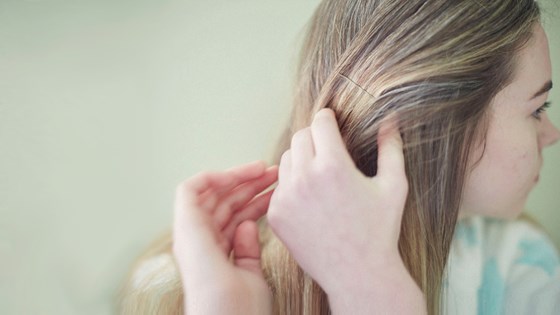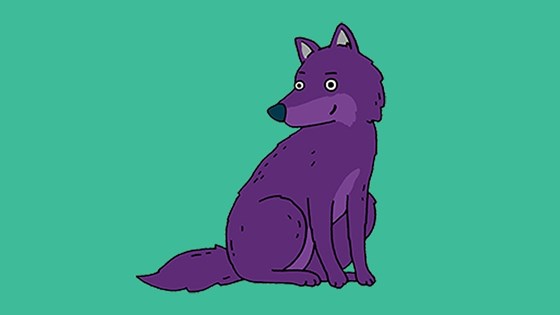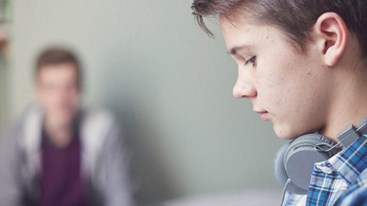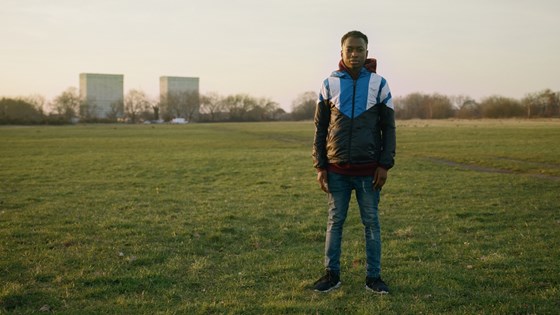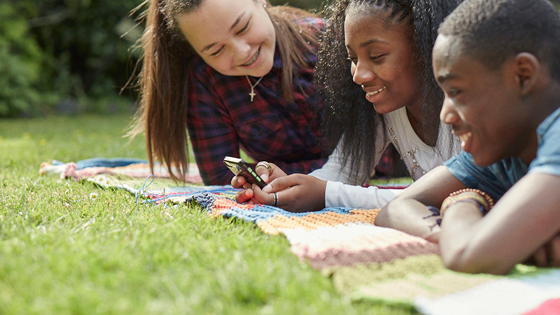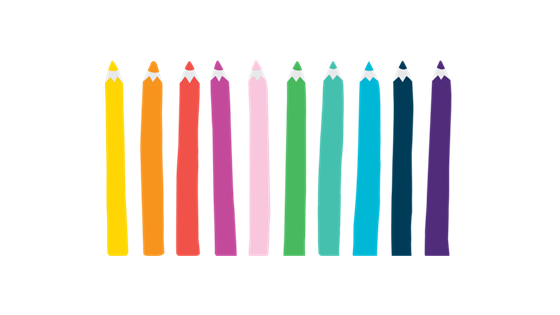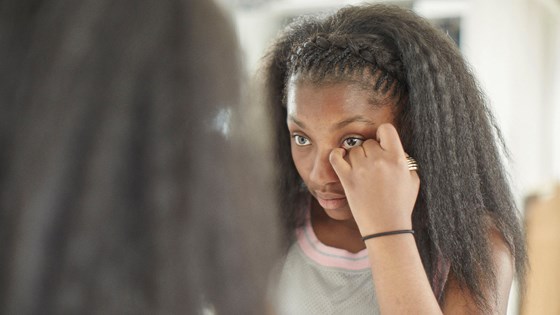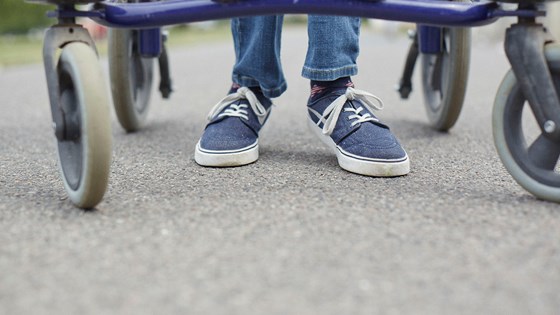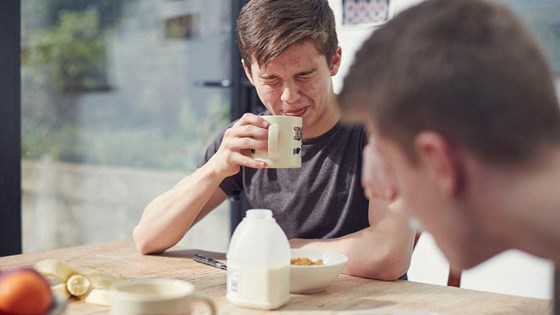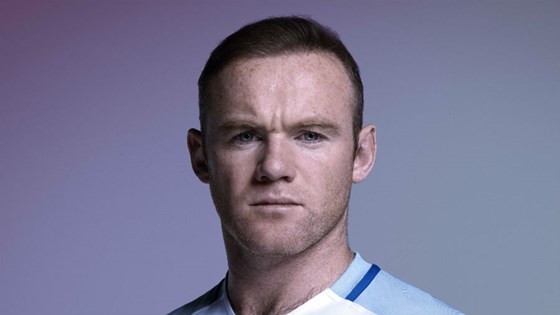YOUR IDENTITY
Your identity is made of lots of things. It includes your race, ethnicity, gender, disability, how you look, your strengths and weaknesses and your likes and dislikes. All of these together make up who you are and how others see you. Your identity makes you distinct from every other person.
Being connected with other people because of characteristics like your skin colour, where you were born and your gender is also part of your identity. You might belong to a faith or religion or a group based on politics, music or the clothes you wear. It's okay to connect with people who are different from you as well and it doesn't stop you being unique.
Sometimes people make generalisations and assumptions based on your characteristics or the groups you belong to. This is called stereotyping and it can be type of discrimination. If you are being treated differently for who you are you can get advice about discrimination.
Remember that you are individual and unique. Getting to know yourself and accepting who you are can help you to feel safe in the world and less threatened by others.


